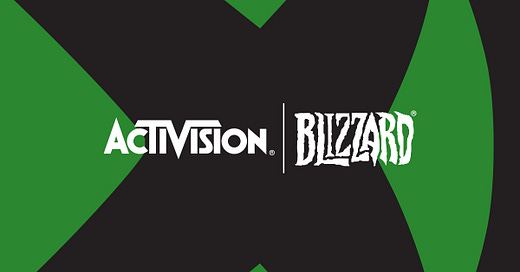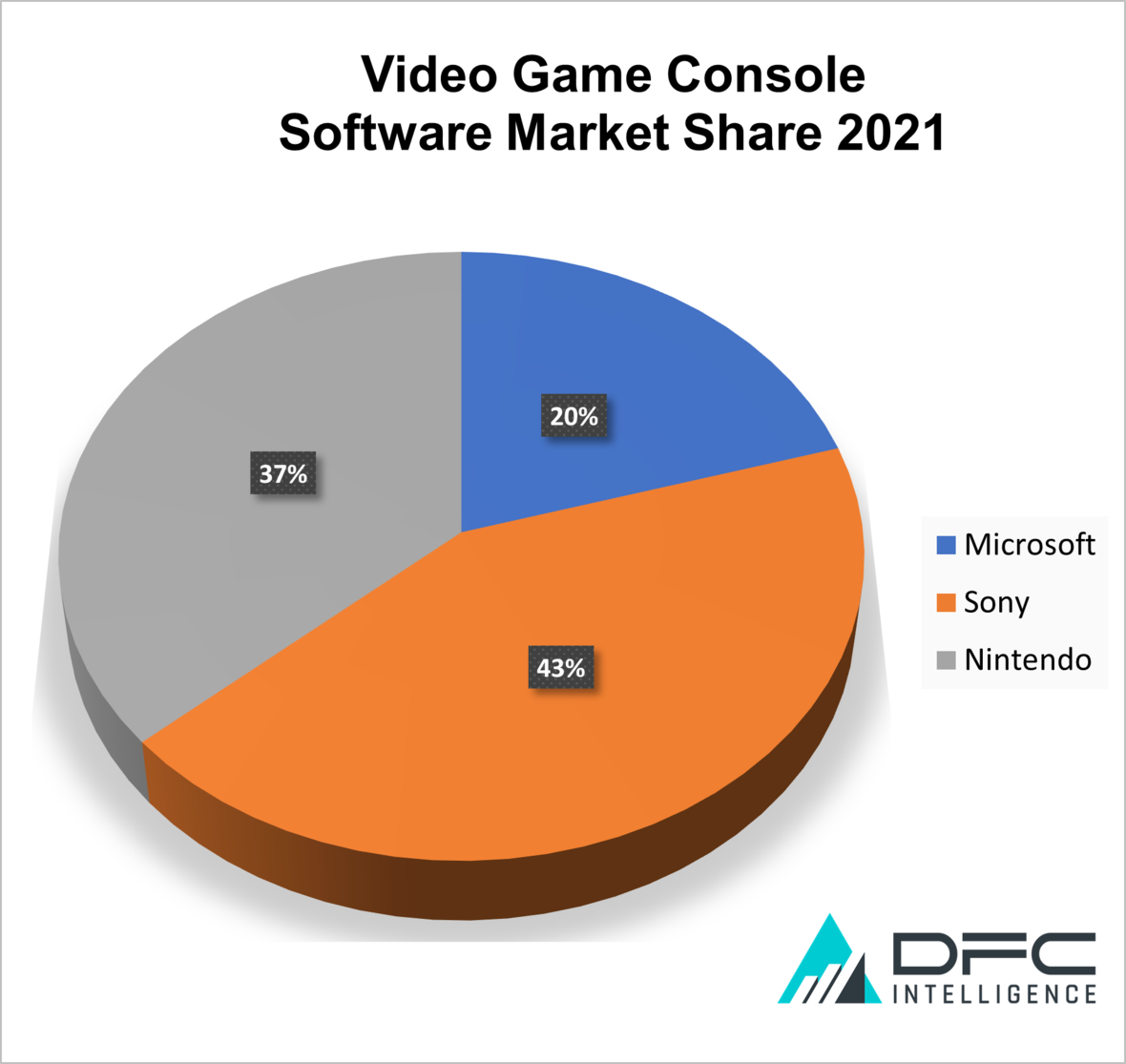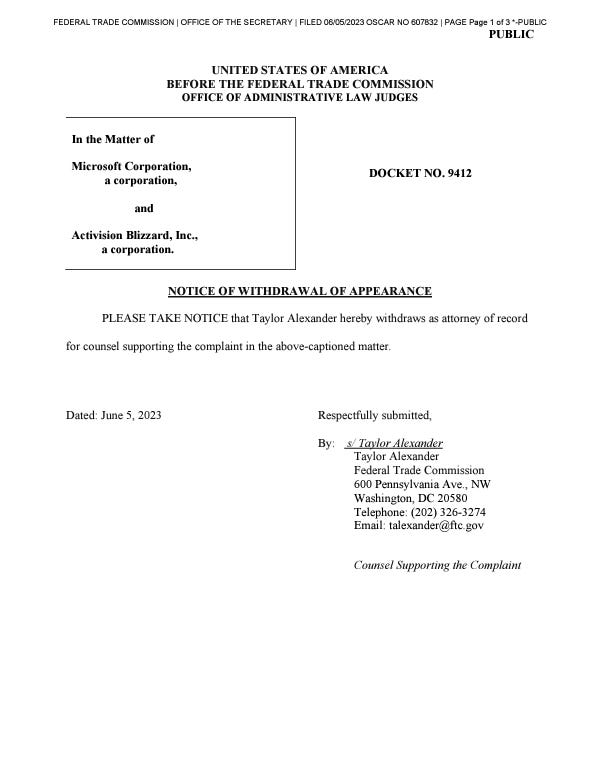Microsoft beats FTC in ATVI acquisition dispute
On July 11th a federal judge motioned against the FTC in their lawsuit blocking Microsoft’s acquisition of Activision Blizzard. This $70 billion USD acquisition with a share price of $95 USD a share has been blocked since January with anti-trust claims appearing in the CMA and US. With this deal, Microsoft will acquire Activision Blizzard studios along with their IP, most notably the Call Of Duty video game series.
Assuming the FTC will not re-pursue the lawsuit in circuit court, it is important to note that this buyout will not instantly force anyone who wants to play Call of Duty to switch to Xbox. Microsoft has agreed not to restrict access to Call of Duty for PlayStation, in addition to a promise to expand to the Nintendo Switch (I have a Switch so I am actually very excited about this). Xbox head Phil Spencer noted in a tweet,
“We’re grateful to the court for swiftly deciding in our favor. The evidence showed the Activision Blizzard deal is good for the industry and the FTC’s claims about console switching, multi-game subscription services, and cloud don’t reflect the realities of the gaming market,”
One important point of contention in the lawsuit was whether a Nintendo Switch should be included in the console market or not. This was significant because the console market is divided between Sony, Nintendo, and Microsoft, with almost no other producers of consoles.
While the judge ended up ruling in Microsoft’s favor that Nintendo should be included, I personally disagree. Nintendo’s flagship device, the Switch, is more of a handheld console that can screen cast than a console with a screen built in. This assessment is based on hardware capabilities along with other factors, such as the controllers that charge when in handheld mode. I cover this topic more in this article if you are interested:
Nintendo's Niche in the Gaming Market: A Look at Sales, Subscriptions, and Hardware
The Big Three (Nintendo, Playstation, and Xbox) control 100% of the global console market. In addition, they also control 29% of the global gaming market. However, while Playstation and Xbox are in direct competition with one another, Nintendo holds a niche in the gaming market that allows the company to indirectly compete with the rest of the Big Three…
Because of this, I don’t really think Nintendo should be included in the true console market. However, the judge ruled differently, which may have ended up being a contributing factor.
If you look in FTC disclosed documents, you can see a document from June 5th where an FTC attorney withdrawing from the case.
Losing cases like this can negatively impact FTC attorney’s career’s, which is one possible reason for Taylor Alexander to withdraw. Because of the date, I find it likely that the FTC might have known they weren’t going to win for a while, and possibly were just stalling.
Conclusion
Although it’s technically possible for the FTC to continue with the case in higher-up courts, for now, I am expecting the acquisition to go on without any more hiccups. The FTC’s major reason for this lawsuit was following through on their “big tech” crackdown, and since Microsoft has given some concessions by agreeing to not hold Call Of Duty for themselves, I think it is likely that the FTC will save face and call this a win.
If you enjoyed this article, please leave a comment below sharing your thoughts! I make sure to reply to most comments. Additionally, consider subscribing for free or pledging a subscription to show your support.







